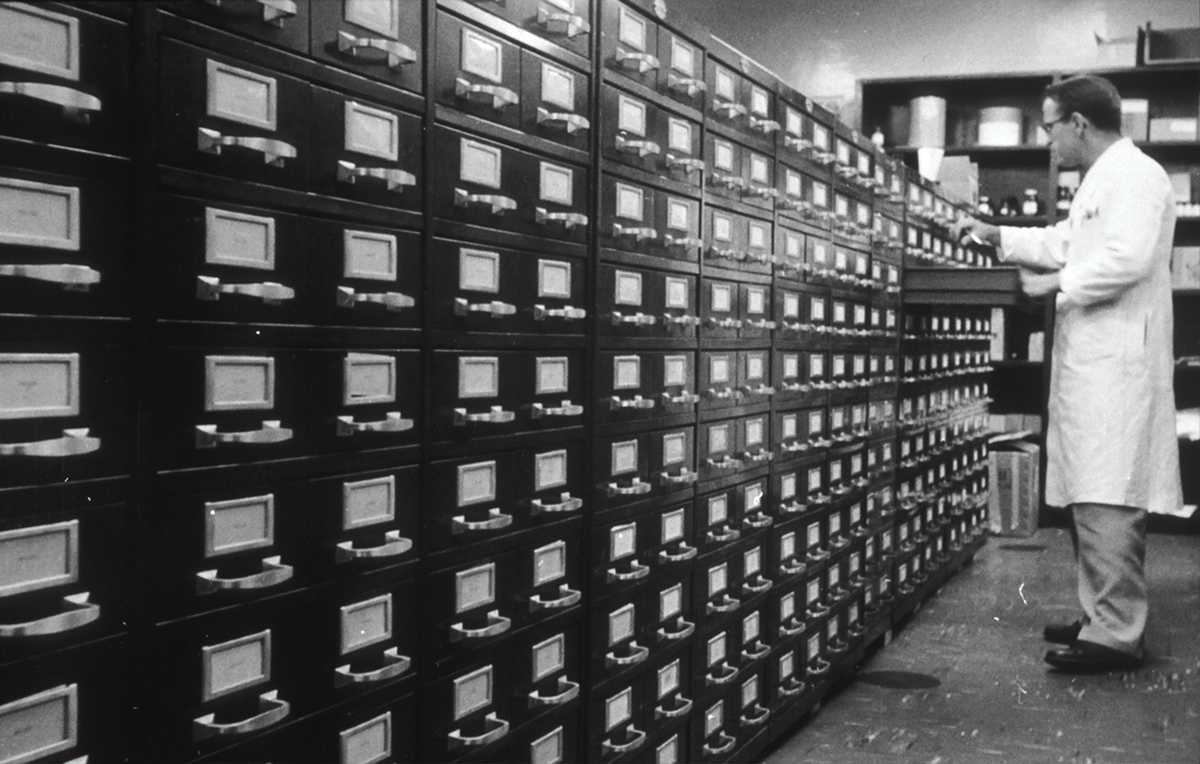In the last 10 years nearly one in eight pharmacies in the United States closed: independent pharmacies and those in low-income areas facing the highest risk for closure. In more and more small cities or in many rural areas a limited number of pharmacies are available to patients and the effects could be particularly devastating. First of all if a pharmacy closes, the nearest open one can be very far away: so it means inconvenience for the patients, costs, gas mileage and many other issues.
Jing Luo, MD, MPH, an assistant professor of medicine at the University of Pittsburgh published in JAMA Internal Medicine an interesting analysis about reasons and causes that bring pharmacies to closure in the USA.
Whereas urban and nonurban chain pharmacies has an 8% closure rate, independent pharmacies were more likely to close, with a 27.2% rate in urban areas and a 23% rate in nonurban areas. There are many reasons for understanding this difference rate but the authors explained that pharmacies in rural areas may have different financial incentives than urban pharmacies.
Moreover pharmacies that served more low-income, uninsured and publicly insured people had higher risks for closure in urban but not nonurban communities, the researchers said.
And as pharmacies play an important role in the provision of prescription drugs and increasingly other health care services, including immunizations and over-the-counter products the pharmacy closure is a major problem for the entire community.
Has also to be considered that independent community pharmacy doesn’t have the financial strength and structure bit chains have. So they have more difficulties facing the changes and the challenges of the actual market. Being more faced to the today issues they have to think smarter and play more attention to innovation: so if from one side they are probably weaker compared to the big multiples, from the other side they can move and change easier and quicker. And here is the key: if independent pharmacy can understand where the solution is, if they change and innovate before the others, they can secure and grow their business. Today innovation means automation and digitalization: that’s absolutely an issue independent pharmacy has to pay attention to because it could mean the success or the declining of their business.


